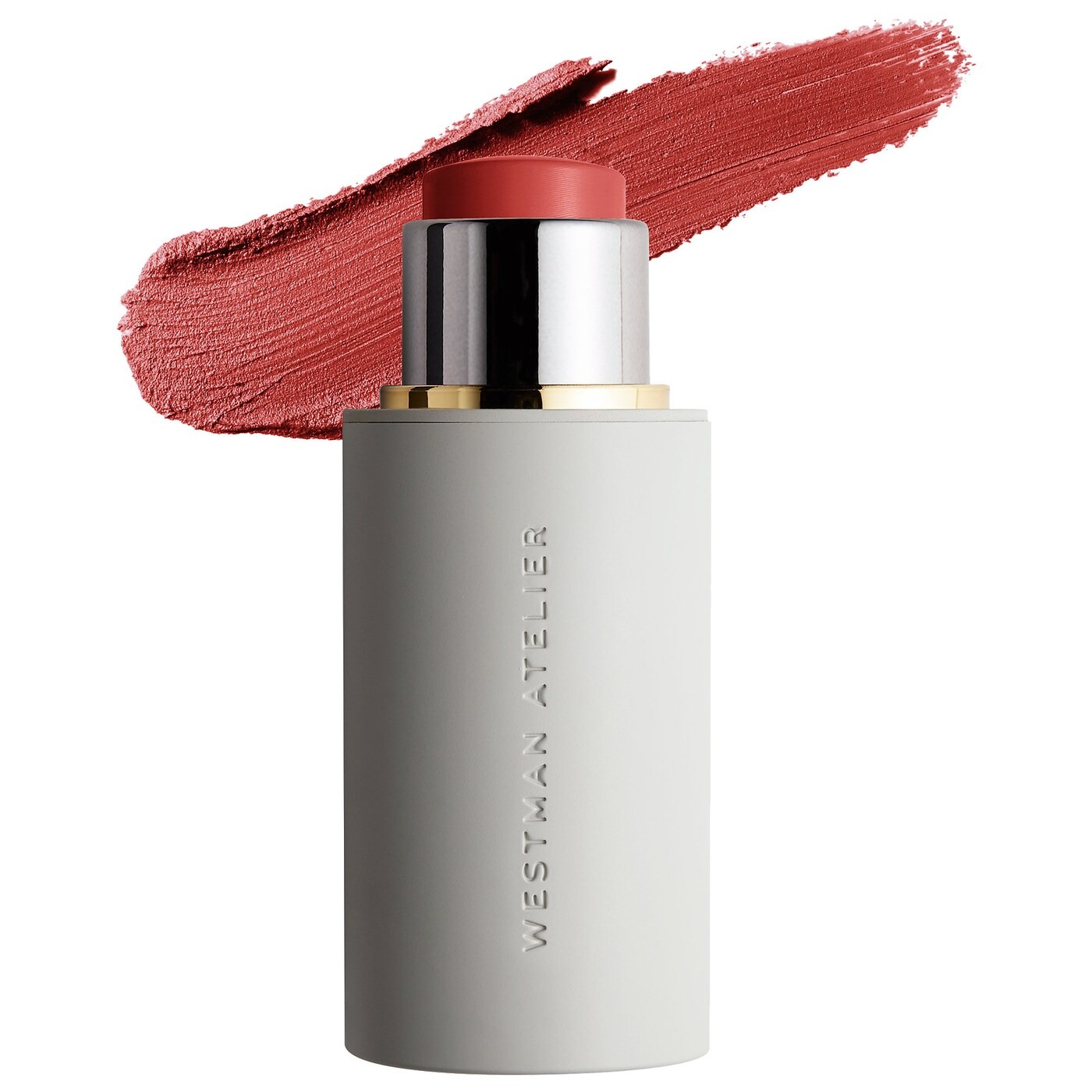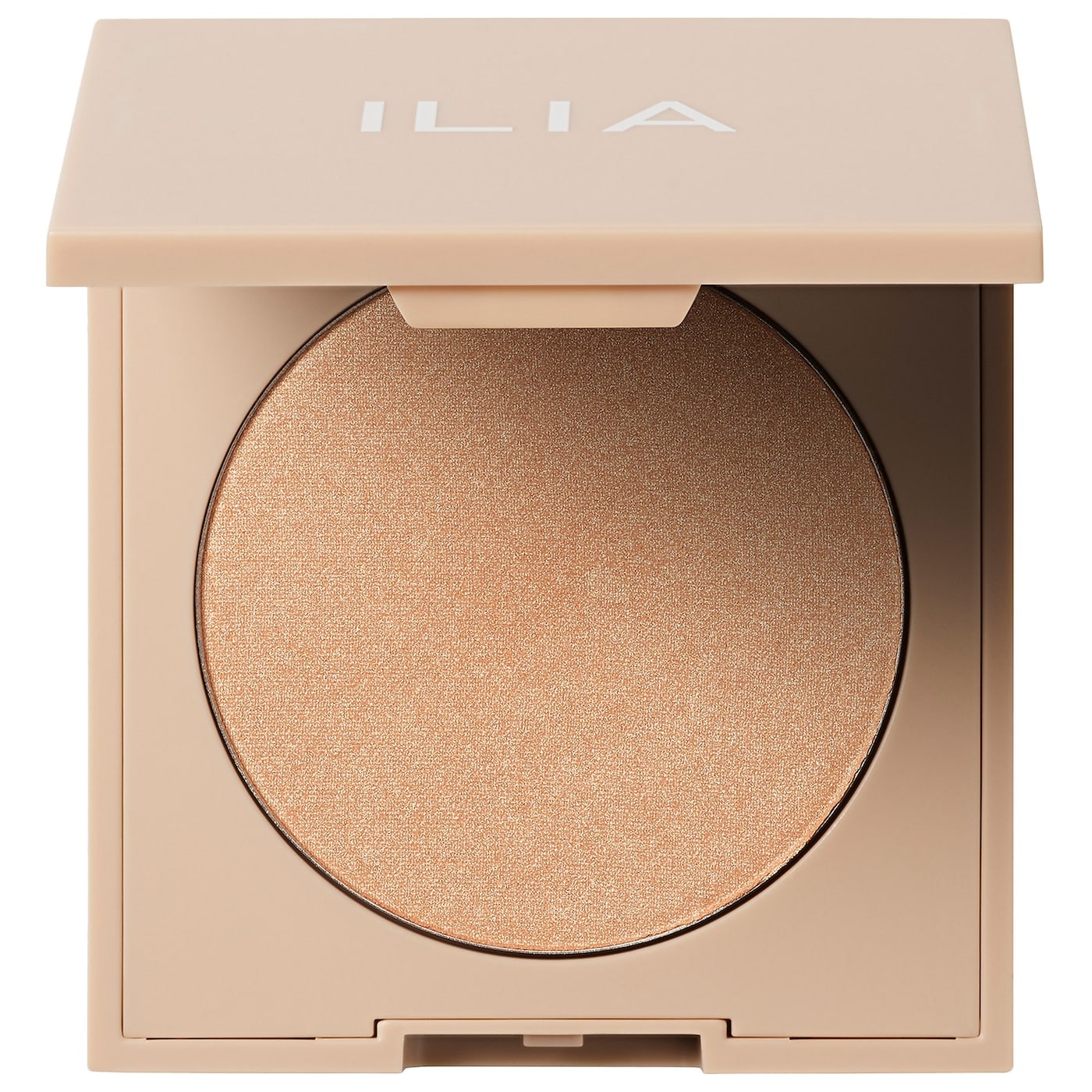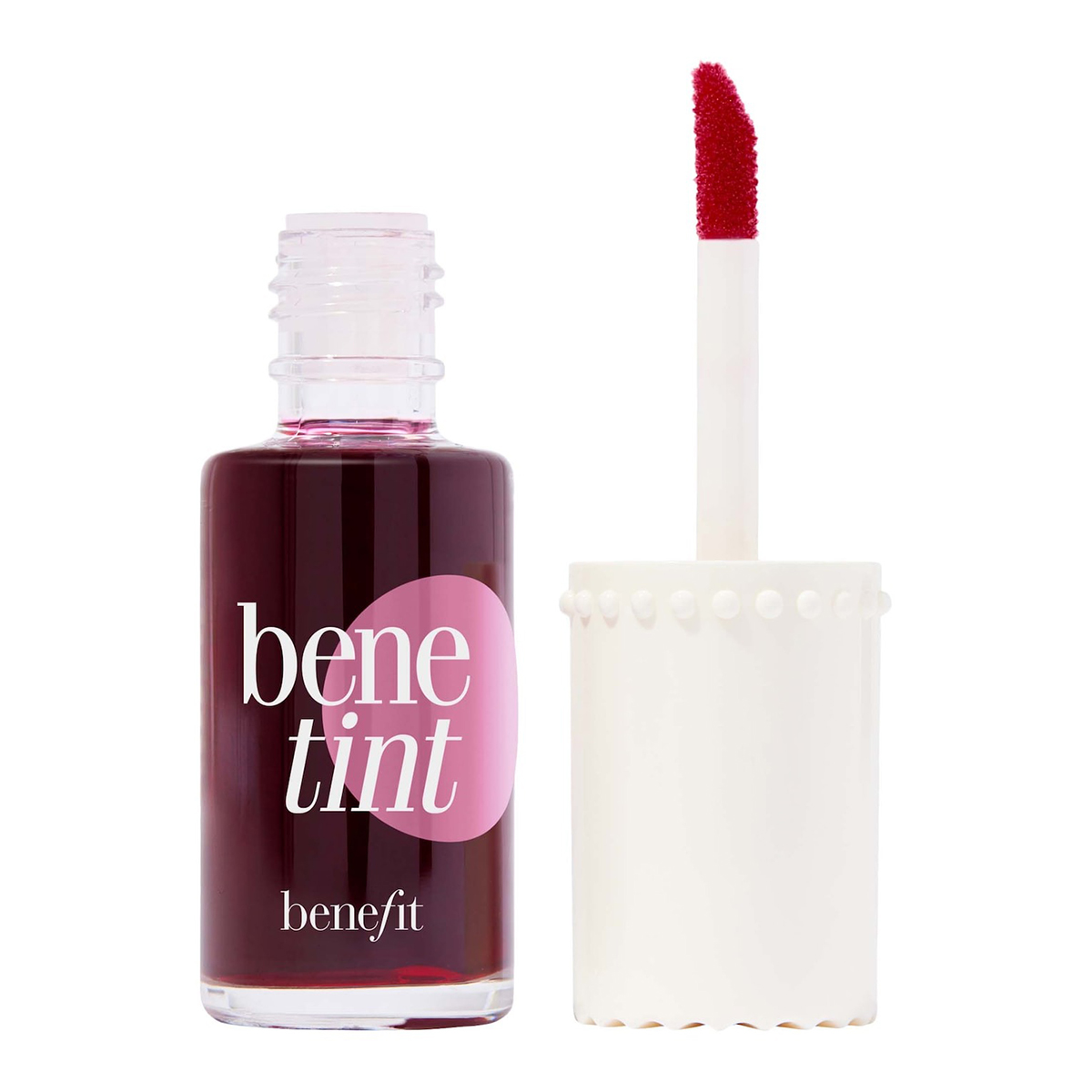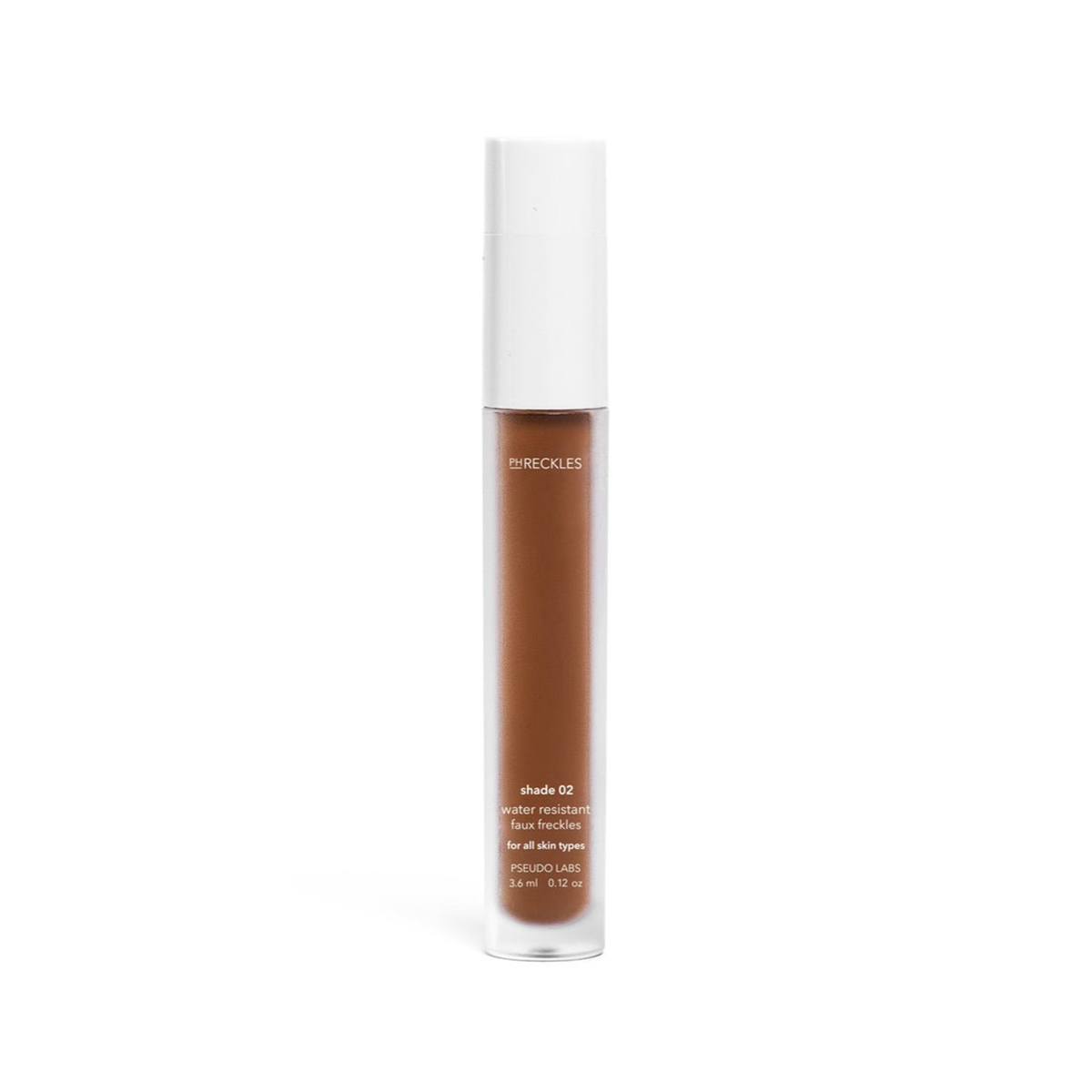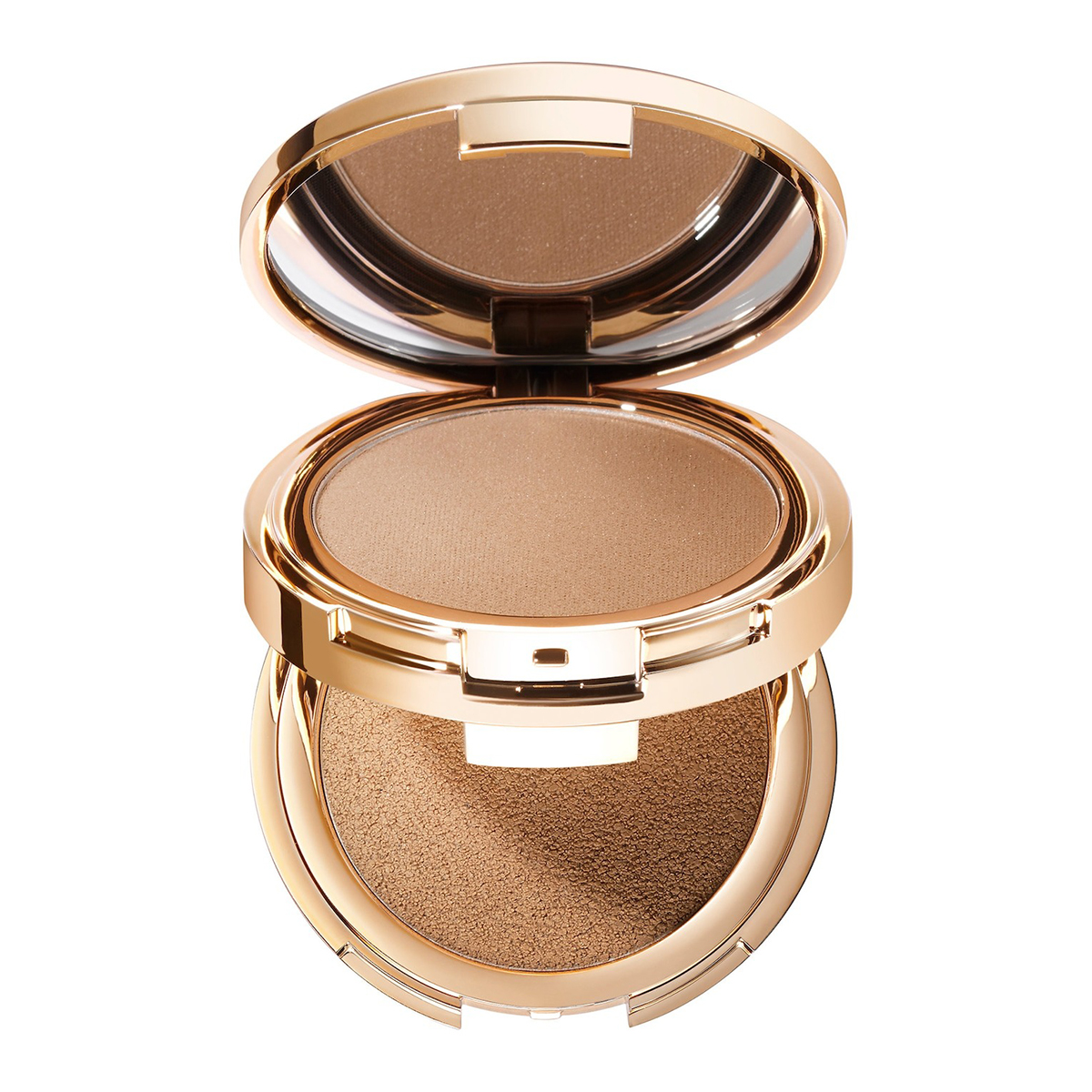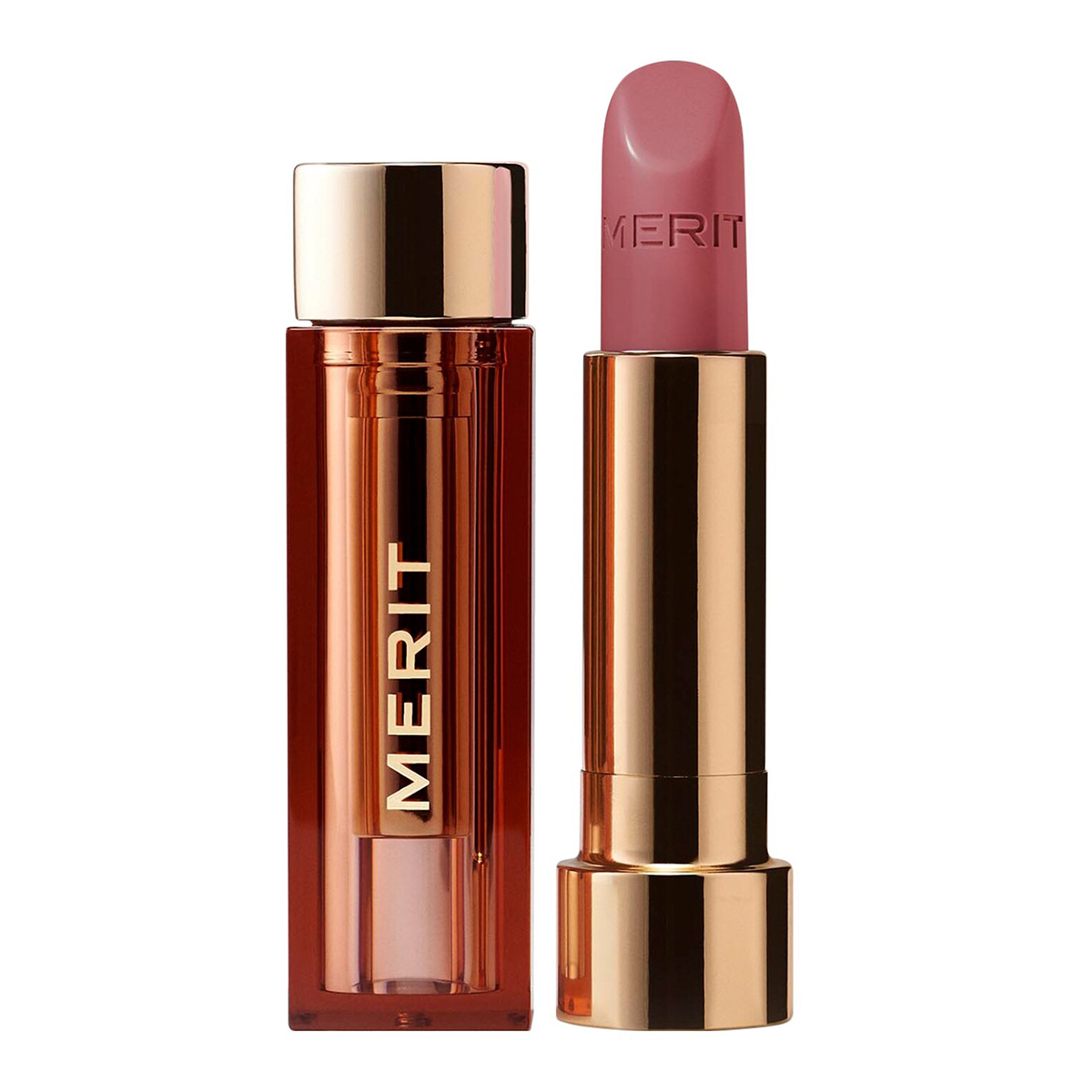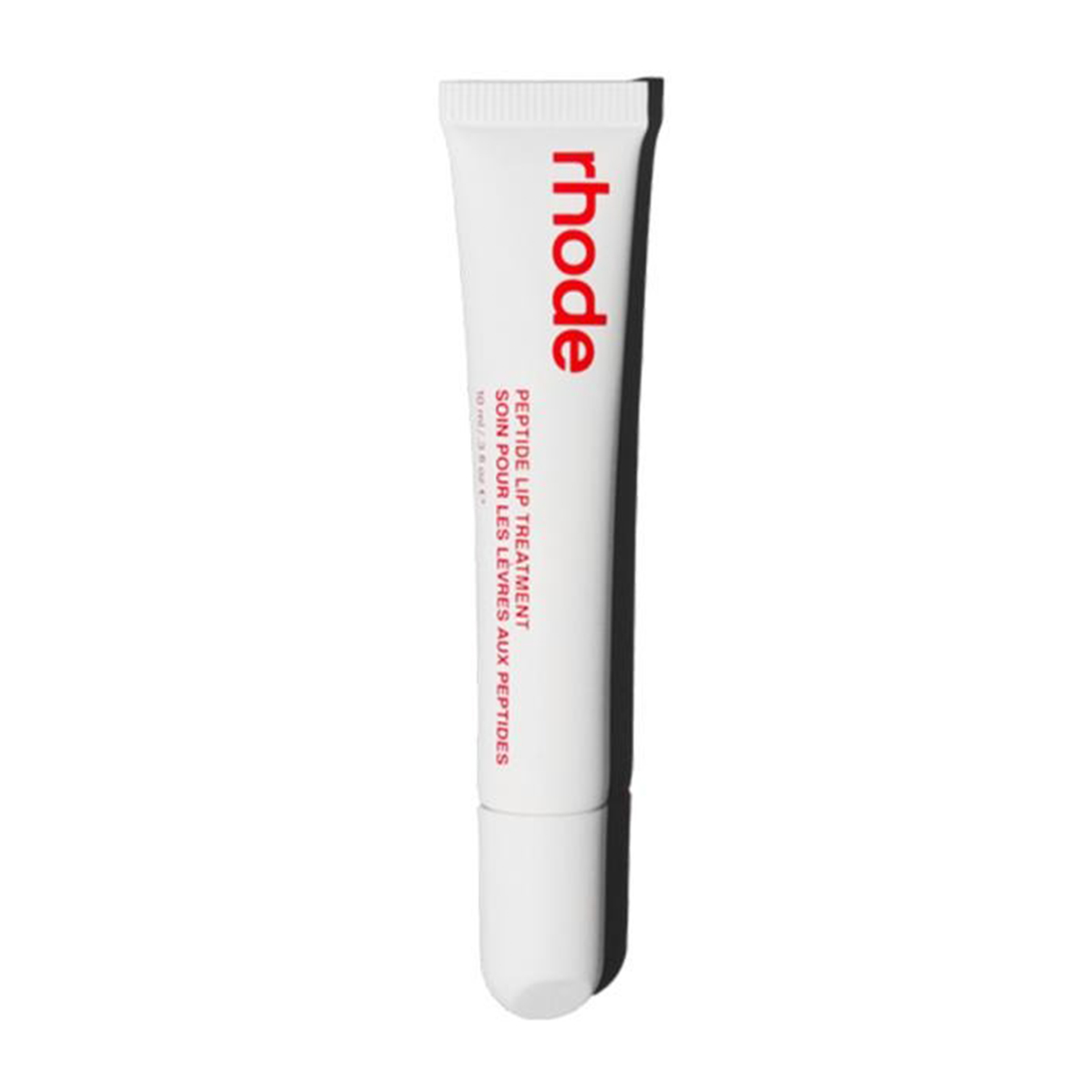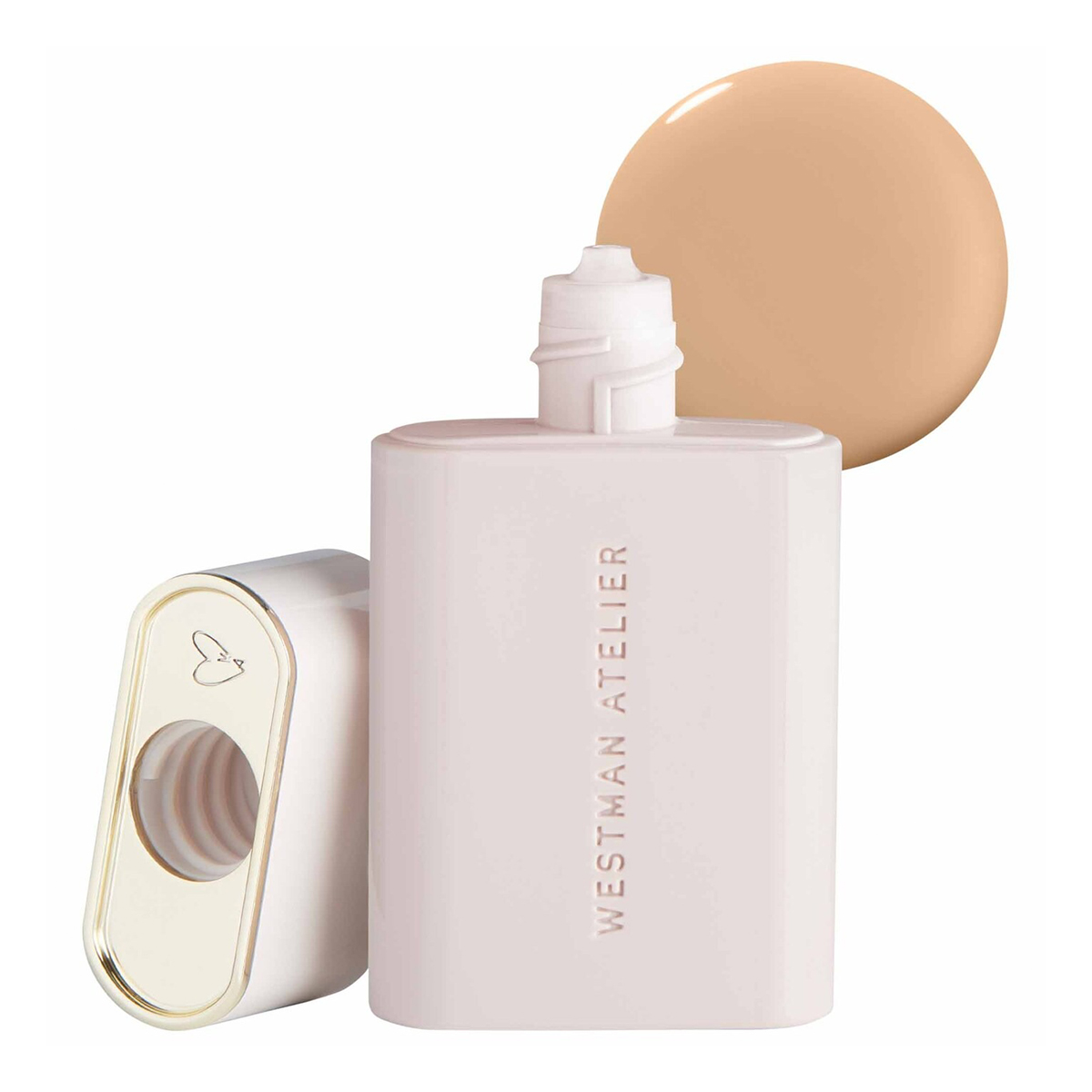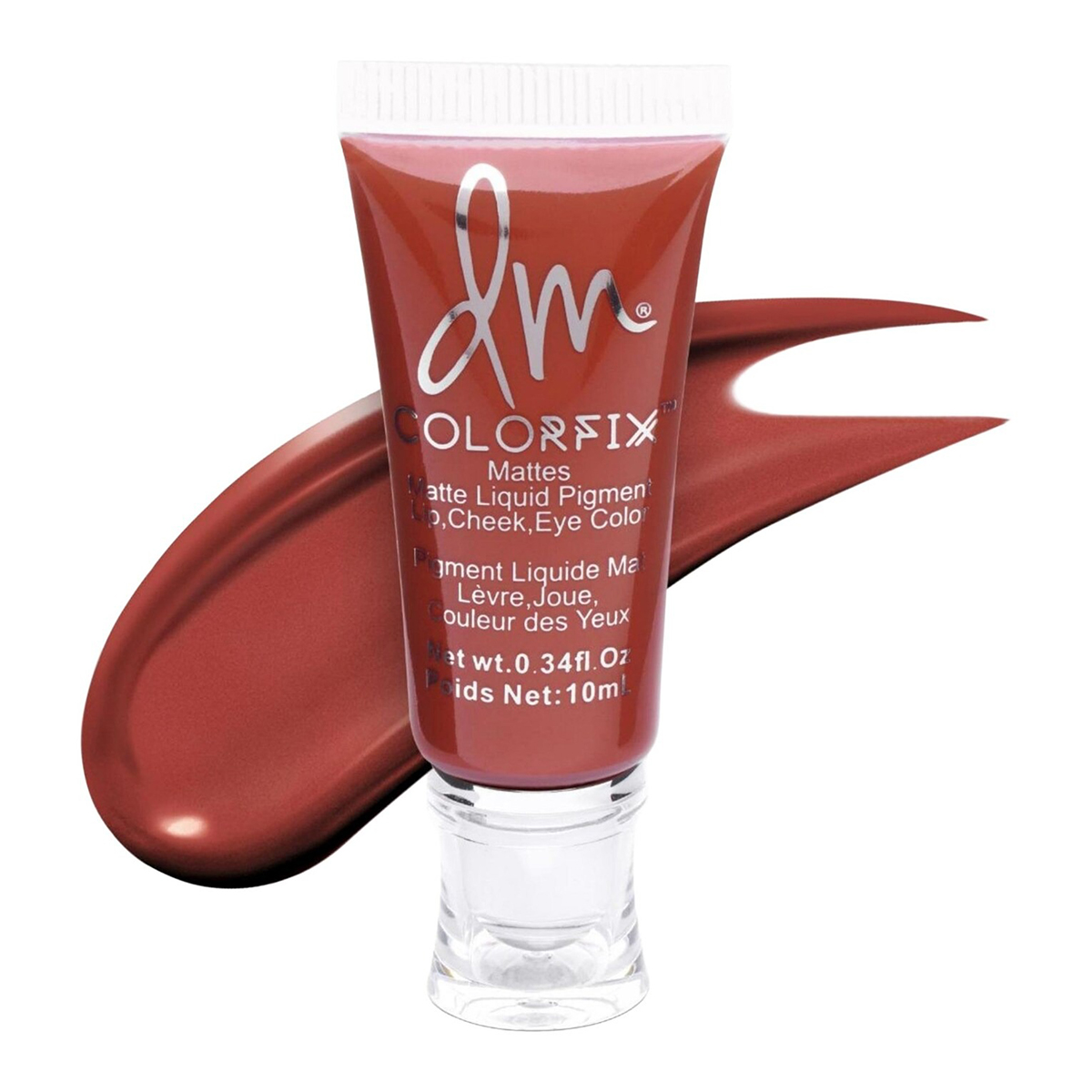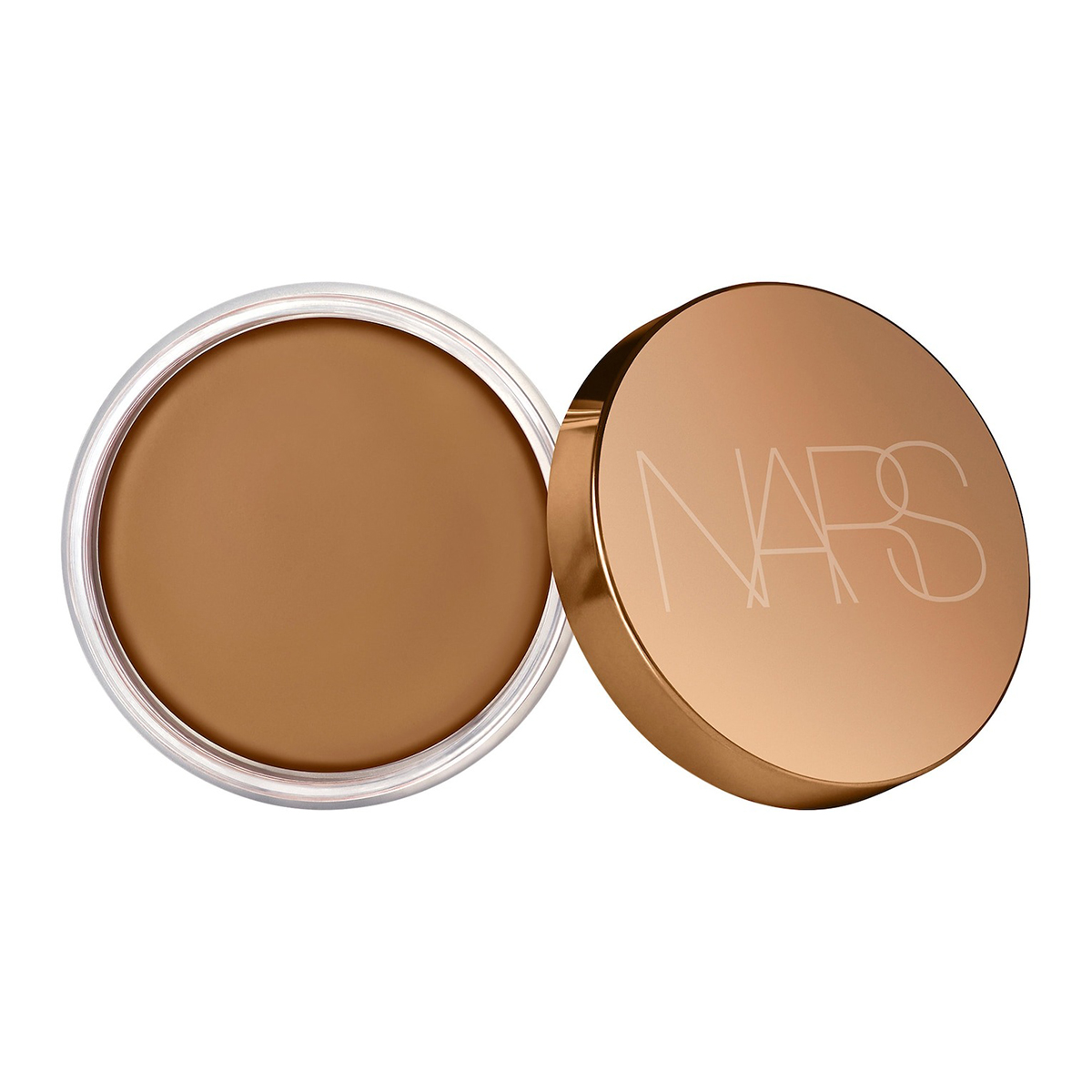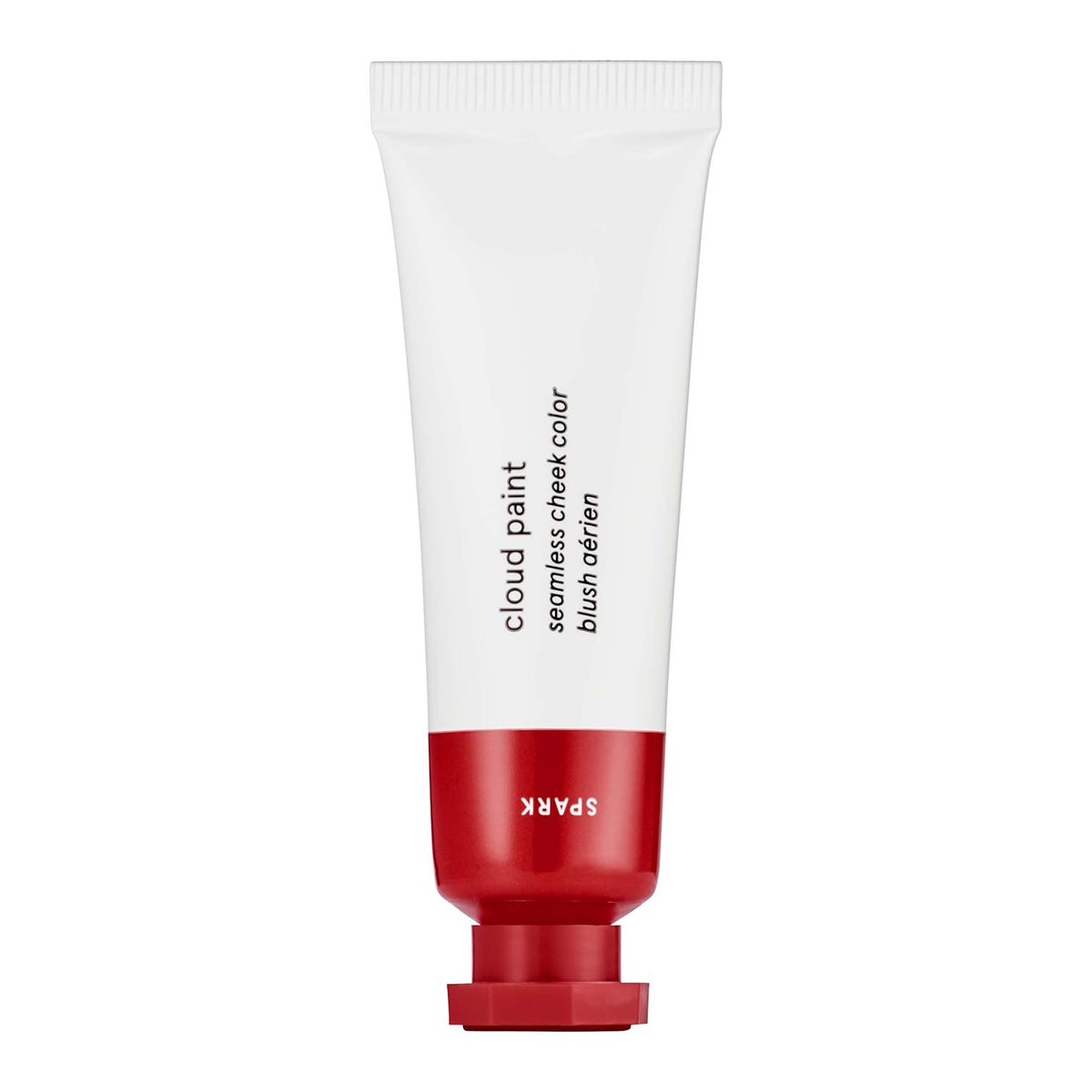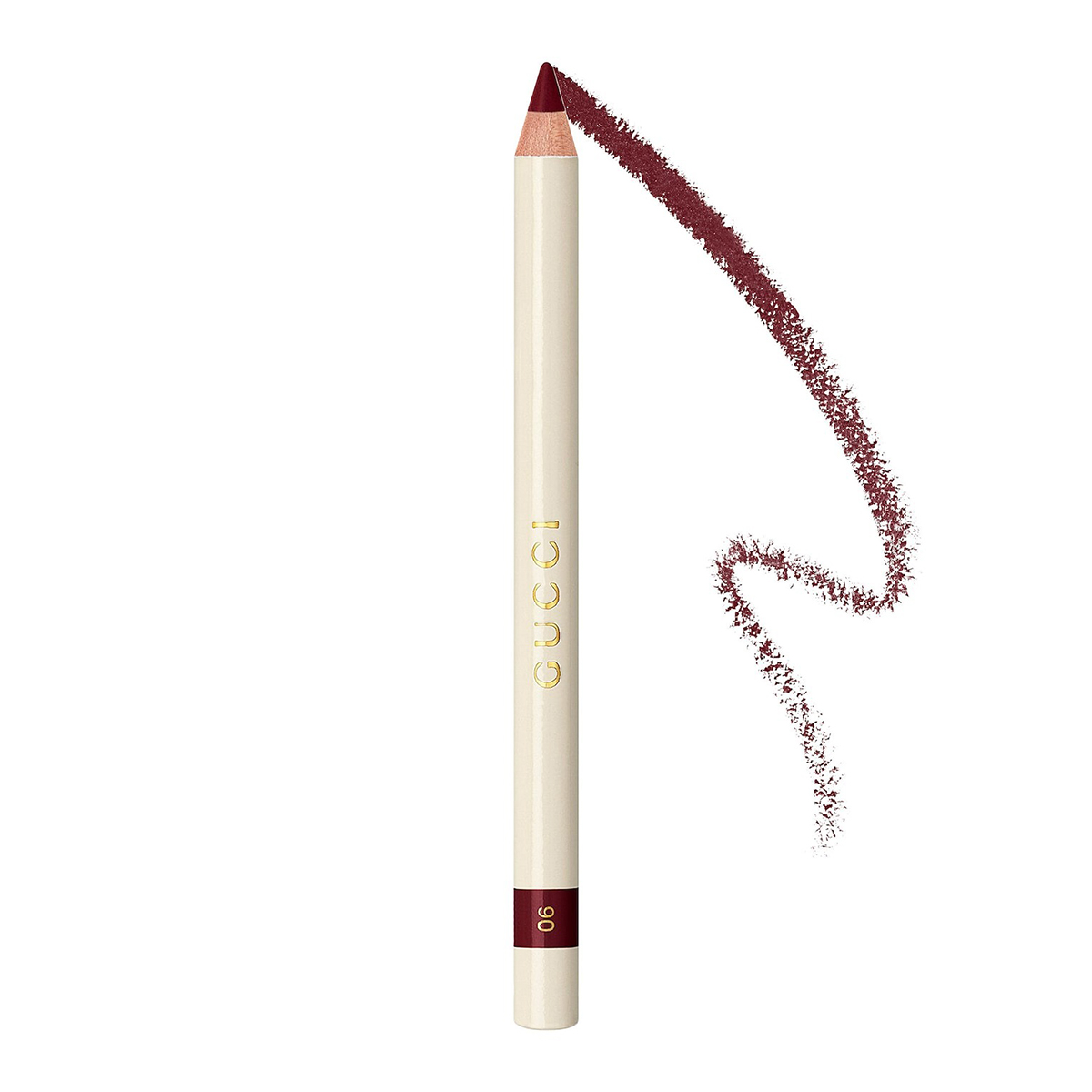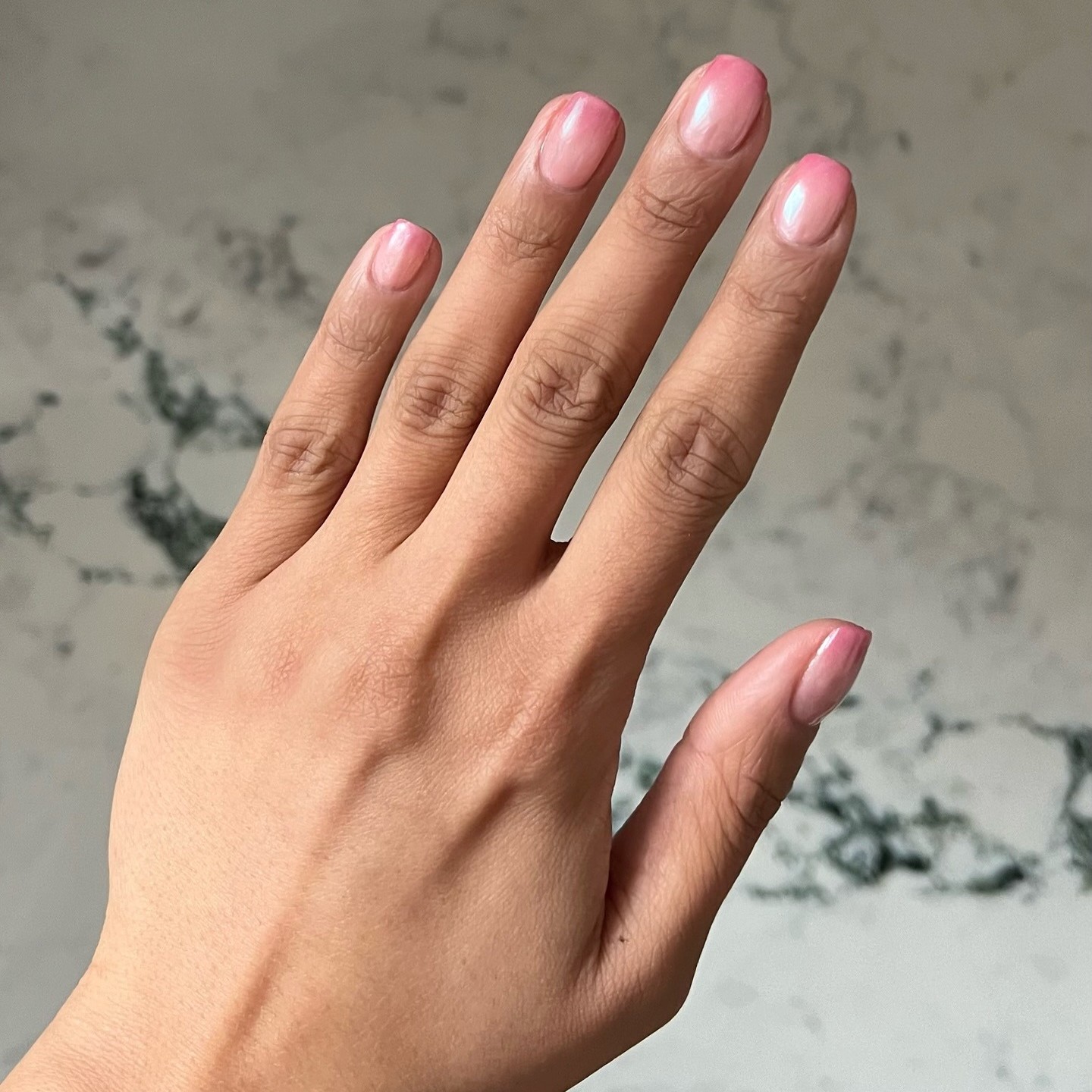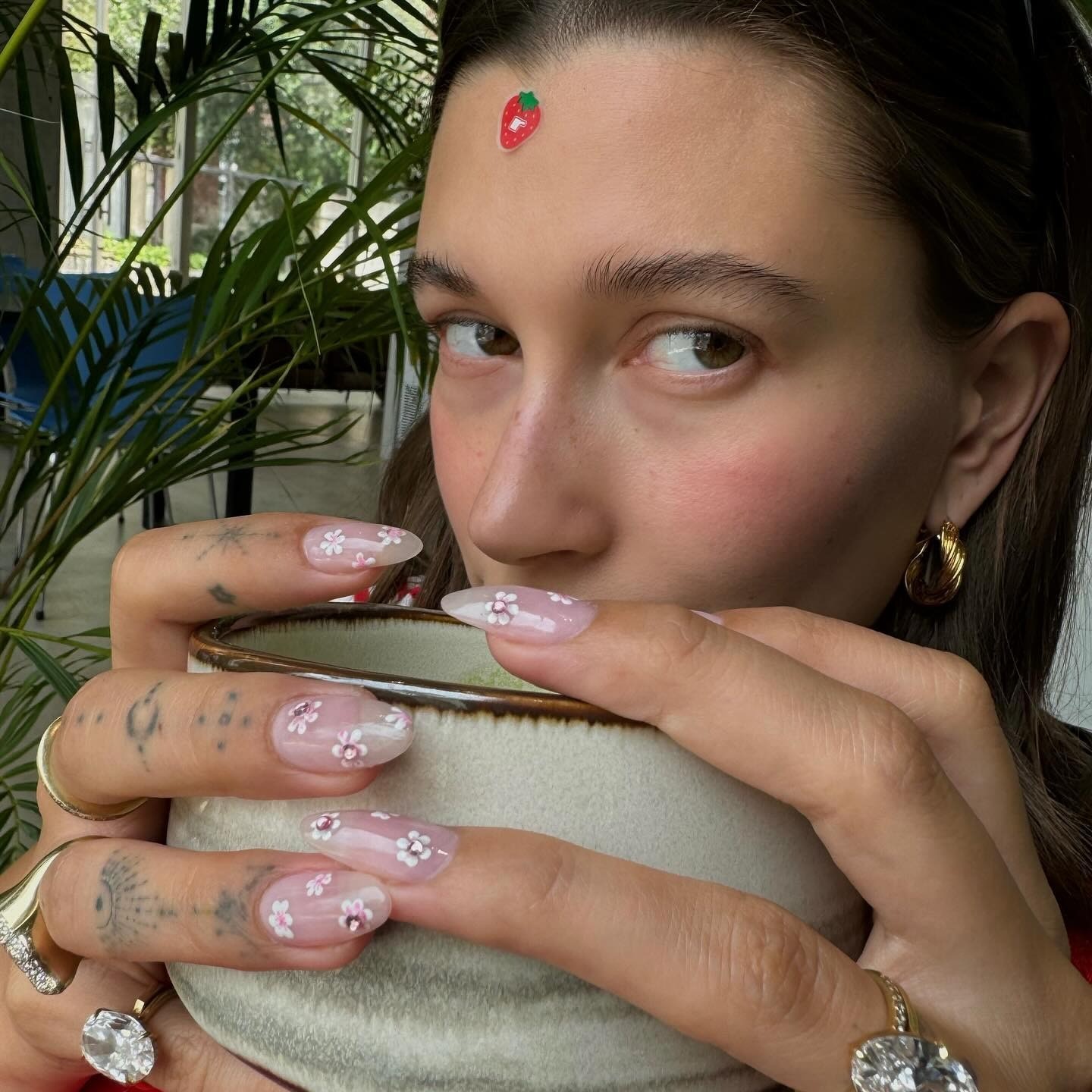TikTok's Beauty Trends Are Inexplicably Fruity, and Gen Z Is Eating Them Up

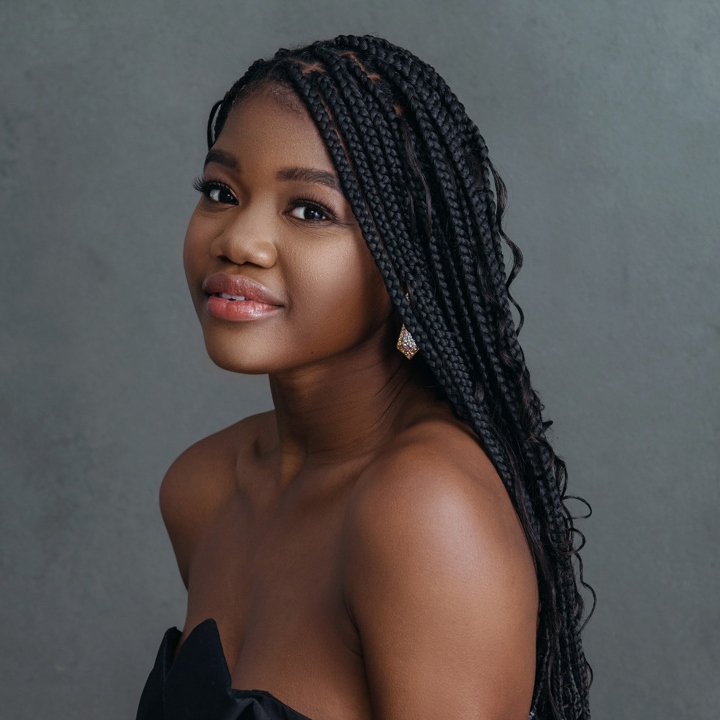
Gen Z Says is a bi-monthly column chronicling the latest trends in the fashion and beauty space through the lens of Who What Wear’s own Gen-Z editors. Expect a download on the upcoming class of tastemakers, emerging designers, and shopping and style choices straight from the generation setting the trends.
Five years from now when we consider the sweeping influence of TikTok-led aesthetic trends on the beauty industry (often positioned precariously at their intersection), failing to acknowledge the importance of aesthetics would be nothing short of a crime. Equipped with their social media savviness, market influence, and access to industry-wide knowledge that generations past could only dream of, Gen Z users of the social media platform have undoubtedly led the charge toward a new era of unbridled aestheticism rivaling major artistic movements of the past, including the highly influential aesthetic movement that took place in Great Britain from 1860 to 1900. A study of modern-day aesthetics in beauty and that of art reveals similar patterns and behaviors among their audiences. That's the power of trends: They may not always withstand the test of time, but their influence lives on in the best ways.
If we're taking a look at the influence of niche aesthetics on today's beauty trends, identifying similarities between aesthetic movements reveals so much more than what lingers on the surface. According to London's Victoria and Albert Museum, the original aesthetic movement focused "instead on producing art that was beautiful rather than having a deeper meaning—art for art's sake." As an escape from ugliness and materialism, could we be going through a second social media–driven aesthetic movement? If the sentiment sounds familiar, it could be because we've witnessed a rise in aestheticism with Gen Z proudly at its helm.
Instead of discussing the individuals leading the movement, let's break it down by studying its roots. Niche beauty aesthetics, like their fashion counterparts, draw from discourse and shared experiences among audiences. TikTok aesthetics have taken on a life of their own beyond the confines of its application coding. With that being said, I'm using this as an opportunity to take a deep dive into the Gen Z–powered take on aestheticism in today's most recognizable beauty trends. To fully appreciate the countless ways these increasingly niche aesthetics have influenced the beauty industry's response, we must first take a close look at what the data is showing us.
The Genesis: The Clean Girl
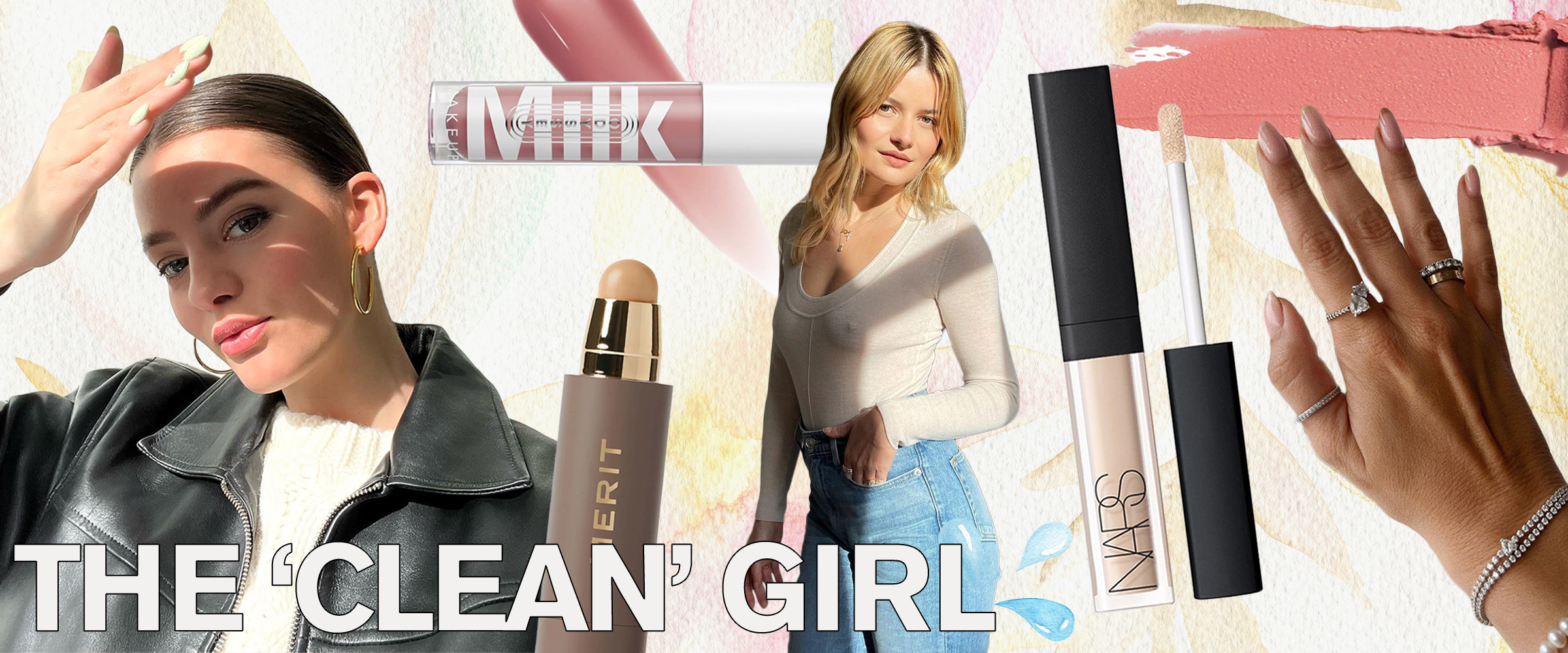
I'm raising one of last year's biggest trends on TikTok, the clean girl, as the driving force behind most of the beauty aesthetics that have somehow earned the word "girl" in their titles. The trend dominated TikTok's beauty content before extending its influence to major publications, trend-receptive brands, and, of course, beauty suppliers. A quick search using the hashtag on TikTok reveals thousands of videos amounting to 11.4 billion views, with 928.7 million dedicated to makeup and roughly six billion to skincare practices. Fragrance and nail trends also bore witness to this shift, and various content creators explored products that reflect that aesthetic's basic ideals.
Clean-girl beauty could easily be attributed to shared cultural perceptions of exceptional outward appearances. This particular aesthetic, when used as the "founding tenant" to a wholesome and healthy lifestyle, can consist of healthy, glowing skin; a sleek, unfussy hairstyle; and natural-looking makeup. Like any social media–led trend, there are a number of individuals who serve as unofficial figureheads for the movement such as self-proclaimed Scandi-girl content creator Matilda Djerf—just as 20th-century aesthetic movement audiences once clung to the works of William Morris and Oscar Wilde.
Over the past few months, TikTok users have been introduced to a number of beauty trends that feel familiar but have an unexpected juicy twist. I like to think they could have been derived from the aforementioned trend. I am, of course, referencing the trend of fruit-inspired beauty. Like so many of the food and beverage beauty trends that have popped up over the last year, they're based on the energy and lifestyle of those who would wear them and take inspiration from the item's color. "With the [TikTok] series that I do, including the cocktail series, a lot of it is creating a character and trying to imitate the vibe of the person that would wear that look," explains TikTok content creator and makeup artist Zoe Kim Kenealy.
Kenealy's makeup tutorials include looks inspired by everything from astronomical signs to boozy drinks and the 16 Myers-Briggs personality types. "I spend more time figuring out the mood board [and] what the right photos are (which is actually very time-consuming) than I actually do the makeup," she explains. "I want to make sure the mood board tells a story and is not just up-close beauty shots of a look I'm re-creating." Where moods and imagery are considered, TikTok's aesthetics have jump-started a new way of approaching beauty inspiration.
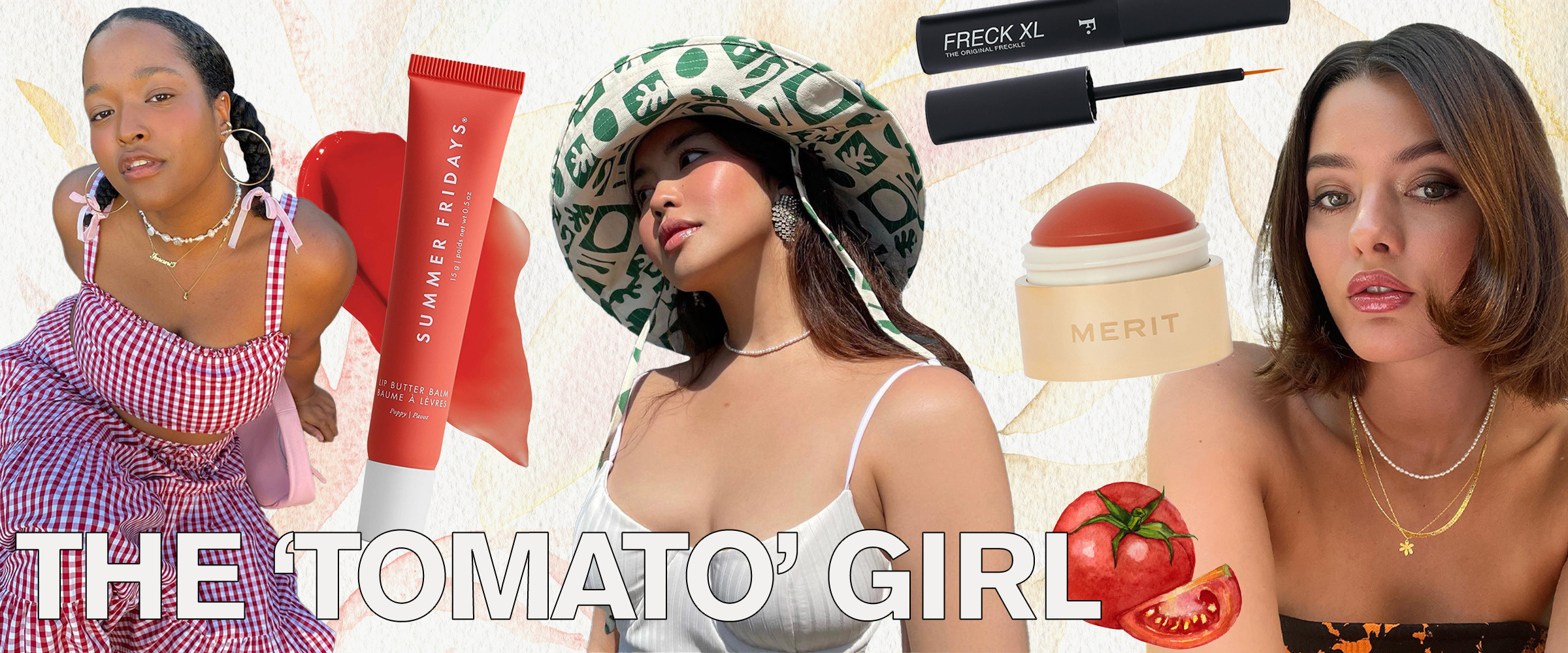
The tomato girl, for example, emerged as an ode to the beauty and vibe of the quintessential Mediterranean girl and all the imagery associated with her—a sun-kissed complexion, unkempt curls, flushed cheeks, and more. Her days are filled with lush, rolling hills, waves of the deepest azure blue, and the warmth of the gold sun. Now for the facts: The general hashtag has earned over 23.3 million views, and its inspired makeup trend has drawn a jaw-dropping 49.7 million.
Rather than creating a look that resembles the bulbous fruit, the trend is about bringing the Mediterranean girl to life in us all with the help of a few swipes of blush on the cheeks and temples, a diffused lip, and groomed and personable brows that frame the face. In some ways, it's a science that relies on the perfect balance of natural-looking makeup with a flush of color that brings the complexion to life. If you're not sure where to start, give the four products below a try.
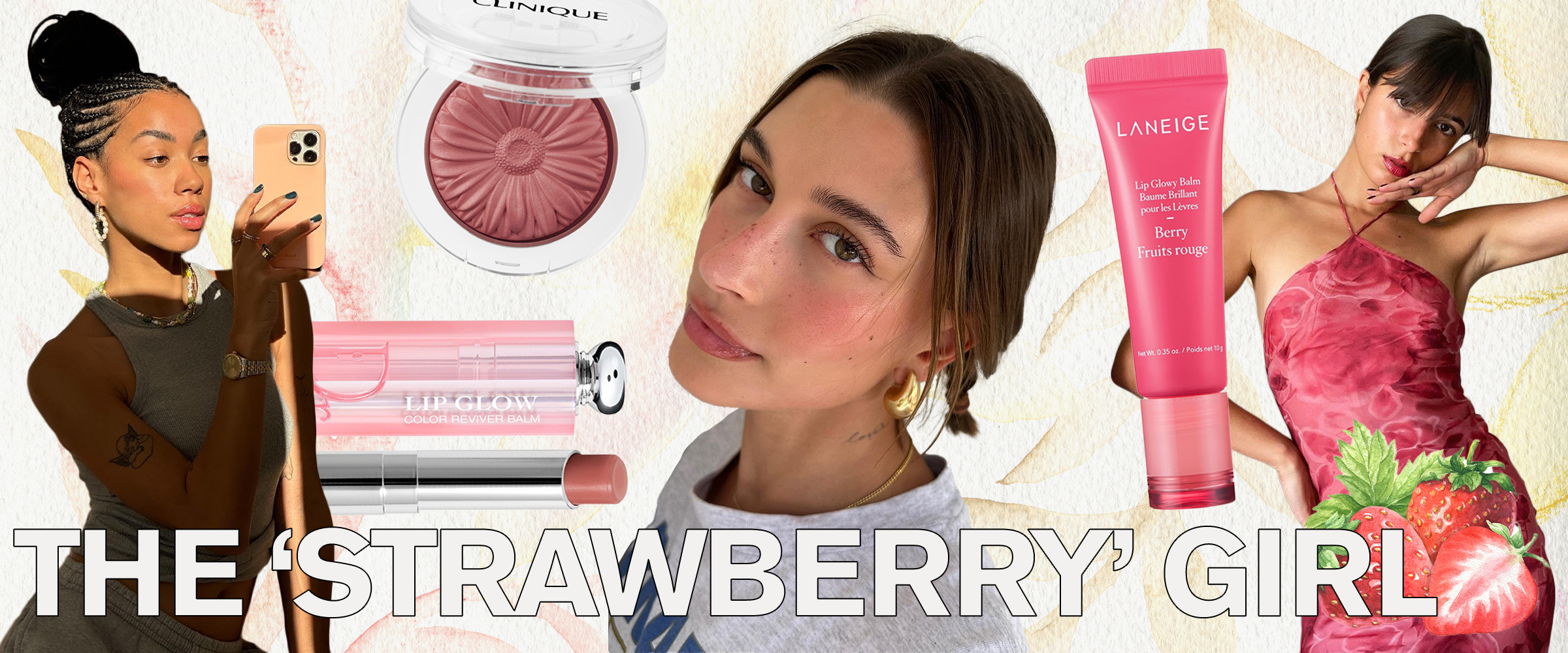
Shortly after the tomato-girl trend reached the height of its popularity in early August, TikTok users were introduced to a second fruit-inspired aesthetic that, like its predecessor, caught Gen Z's interest—the strawberry girl. If you're familiar with the Strawberry Shortcake dolls of the 2000s, you would understand this aesthetic more than anyone. It's a bit easier to identify how strawberry-girl beauty kicked the tomato girl and the clean girl out of the top spots in under a week after seeing that It girl Hailey Bieber took to TikTok to share her version of the makeup trend. Days later, she even released a strawberry-flavored version of her brand Rhode's best-selling Peptide Lip Treatment.
Like the tomato girl, the aesthetic's trending makeup look focuses on highlighting natural beauty, adding rosy hues on the cheeks, juicy lips, and sometimes faux freckles across the nose bridge and up the cheekbones. The dewier and healthier the skin appears for this one, the better. This is why many of the makeup tutorials featuring the look include an ultra-glowy base. Strawberry girl essentials are below.
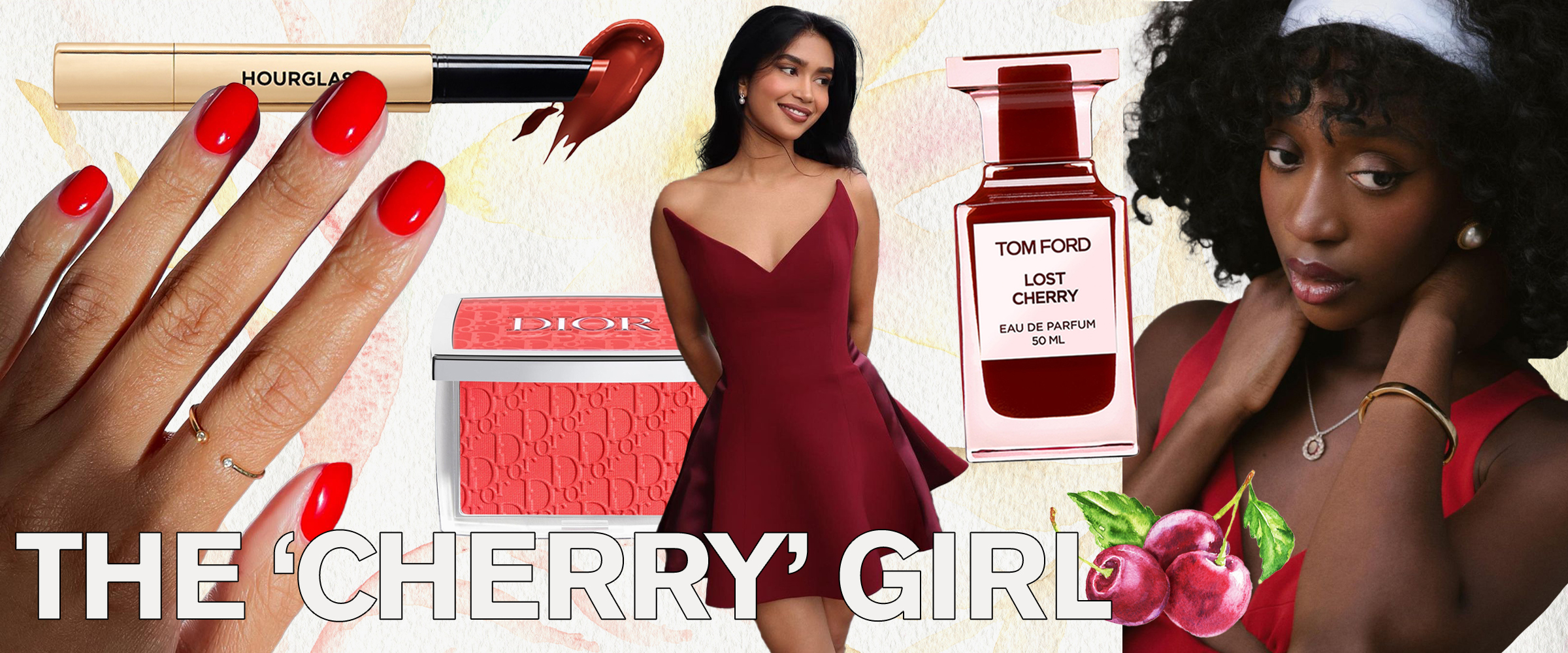
Yes, the tomato girl and the strawberry girl are this year's answer to the clean girl, but what's next? I'm predicting the cherry girl since celebrity makeup artist Mary Phillips's tutorial on cherry-cola lips went viral in late July. In the spirit of trying these makeup looks before the hashtag takes on a life of its own on TikTok, keep scrolling to view my favorite future cherry-girl products. I'm expecting to see even more of what we've loved from other trends, but inspiration will instead be drawn from the appearance of and imagery associated with cherries: deep red–toned lips beneath layers of gloss, cheeks that resemble a natural-looking stain from the fleshy fruit, and flirty eyes. For nails, fall gives us the perfect opportunity to dive into jewel-toned hues. The future of beauty aesthetics looks extra-juicy, and I'm all for it.

Maya Thomas is Who What Wear's Associate Beauty Editor based in New York City. Her strong love for all things beauty and fashion stems from a strong childhood interest in the fine arts. During a gap year spent in Paris studying the history of French fashion, she shifted her focus to English literature and journalism as a student at Loyola Marymount University with the goal of one day pursuing a career in fashion. After graduating in May 2021, Maya began freelancing for Parade.com as a contributing commerce writer while also building a following on her lifestyle blog, Itsmayalala.com. When she's not writing, Maya spends her free time catching up on reading, perusing art galleries, and enjoying a night out at the ballet every now and then.
-
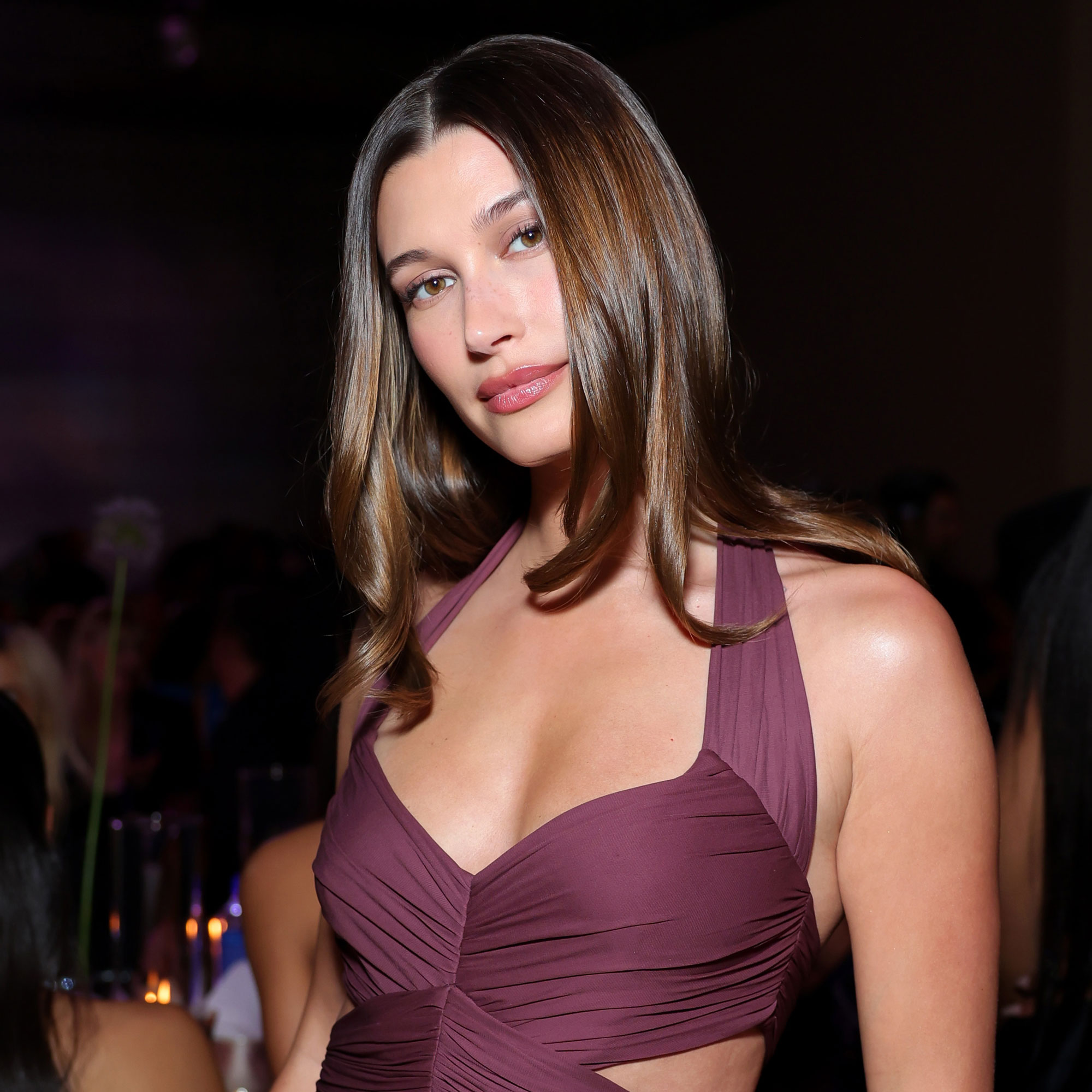 Hailey Bieber Just Arrived in Palm Springs in the Shoe Trend No One Actually Wears to Coachella
Hailey Bieber Just Arrived in Palm Springs in the Shoe Trend No One Actually Wears to CoachellaSee her cute new outfit.
By Erin Fitzpatrick
-
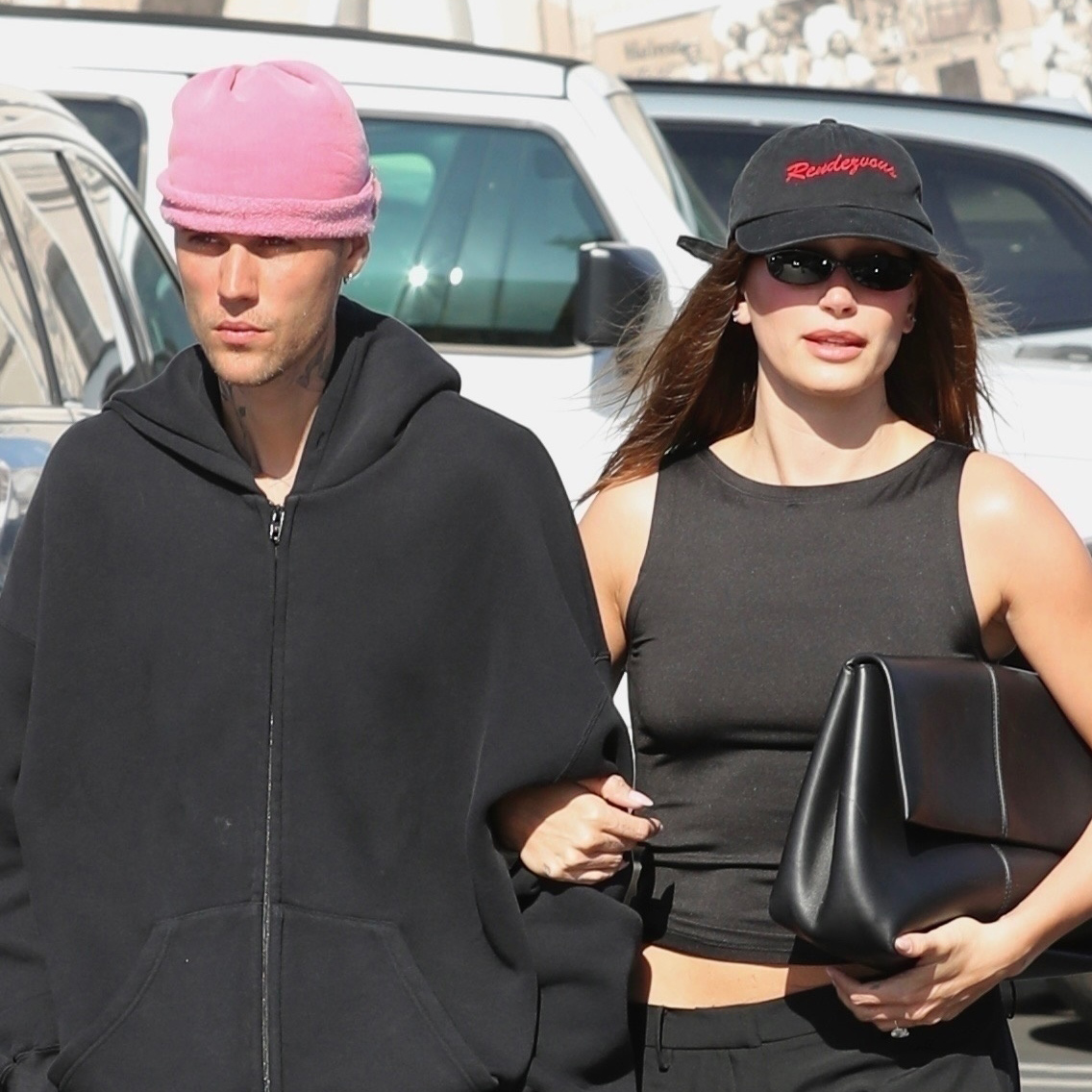 For the Foreseeable Future, I'm Swapping T-Shirts for This Affordable Elevated Basic
For the Foreseeable Future, I'm Swapping T-Shirts for This Affordable Elevated BasicTime to free the arms.
By Allyson Payer
-
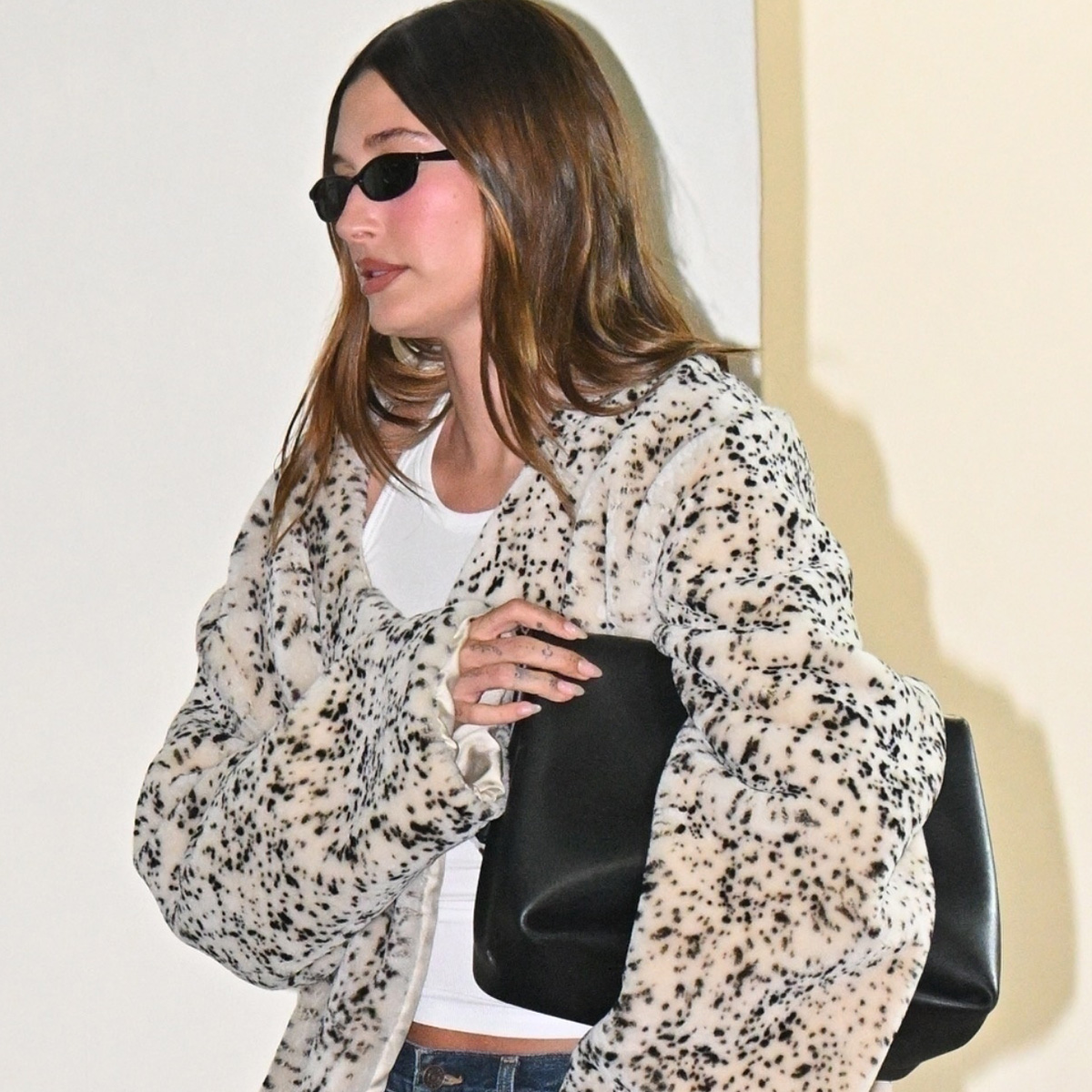 Don't Trust Everything You Hear About the Return of Skinny Jeans—in L.A., This Non-Fitted Denim Trend Still Reigns
Don't Trust Everything You Hear About the Return of Skinny Jeans—in L.A., This Non-Fitted Denim Trend Still ReignsSpotted on Hailey Bieber.
By Eliza Huber
-
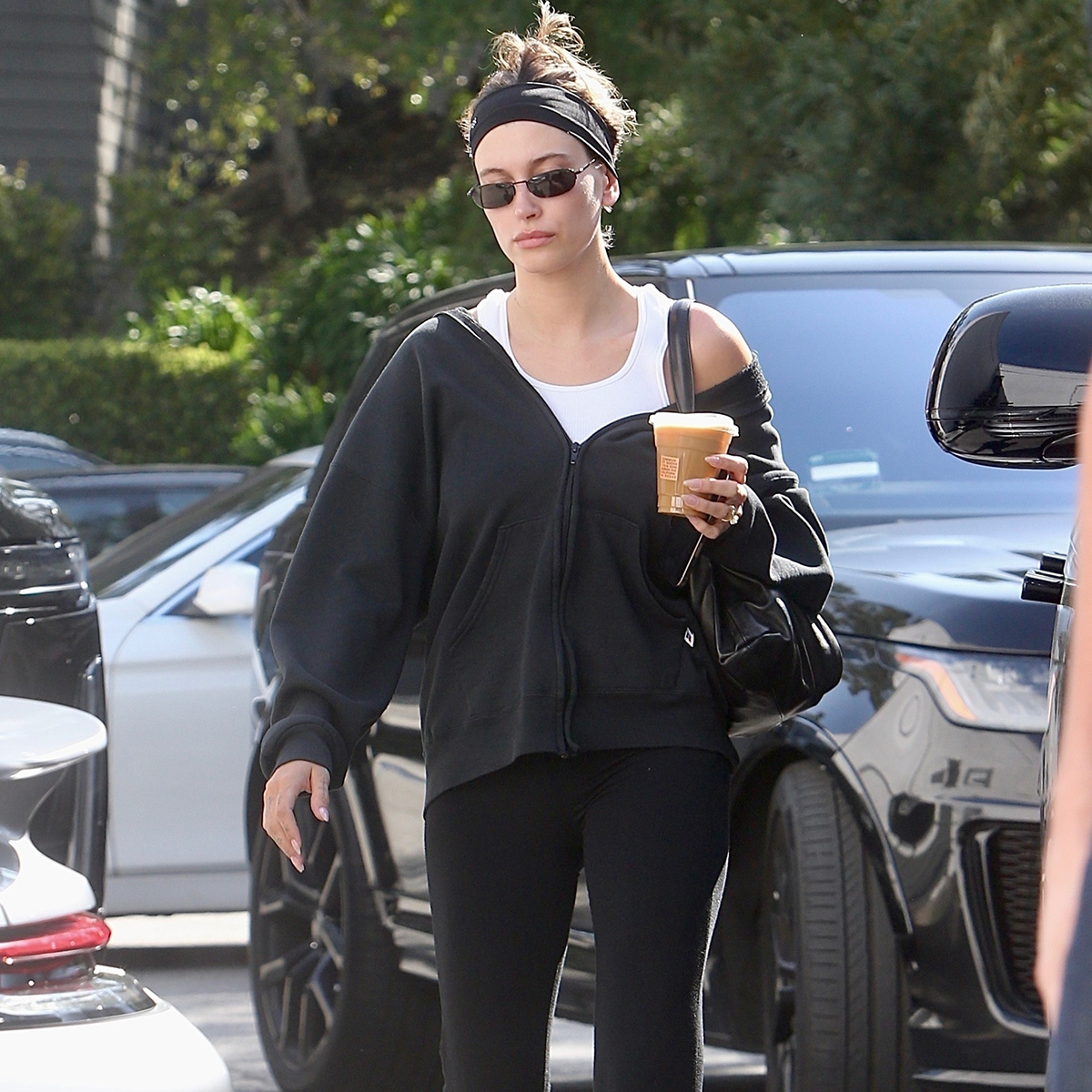 It's Back: The Humble Sandal Trend That New Yorkers Love to Hate
It's Back: The Humble Sandal Trend That New Yorkers Love to HateSpotted in L.A.
By Nikki Chwatt
-
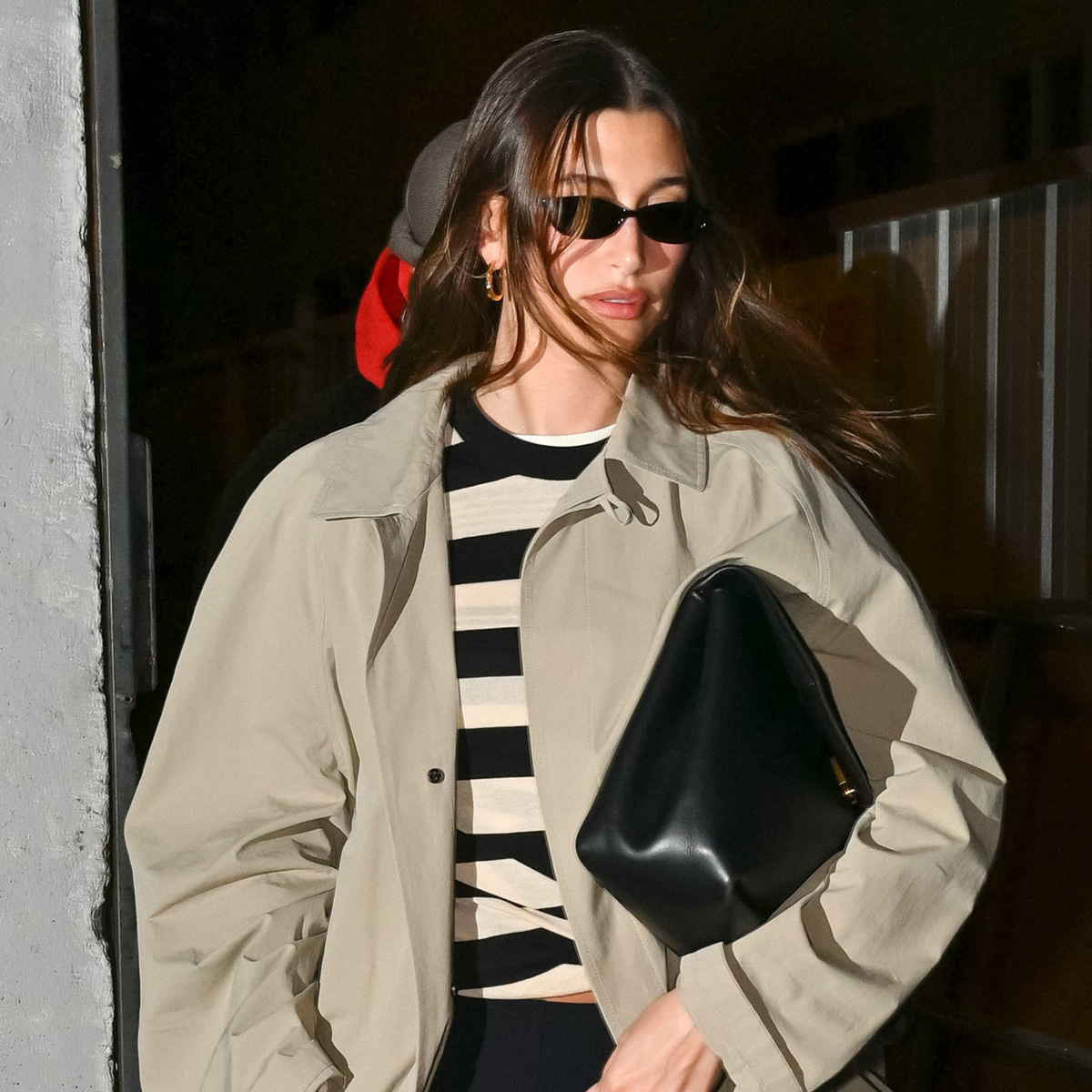 I Give It a Week Before Everyone With Taste Is Wearing This Elegant Pant Trend
I Give It a Week Before Everyone With Taste Is Wearing This Elegant Pant TrendDon't take it from me—take it from Hailey Bieber.
By Eliza Huber
-
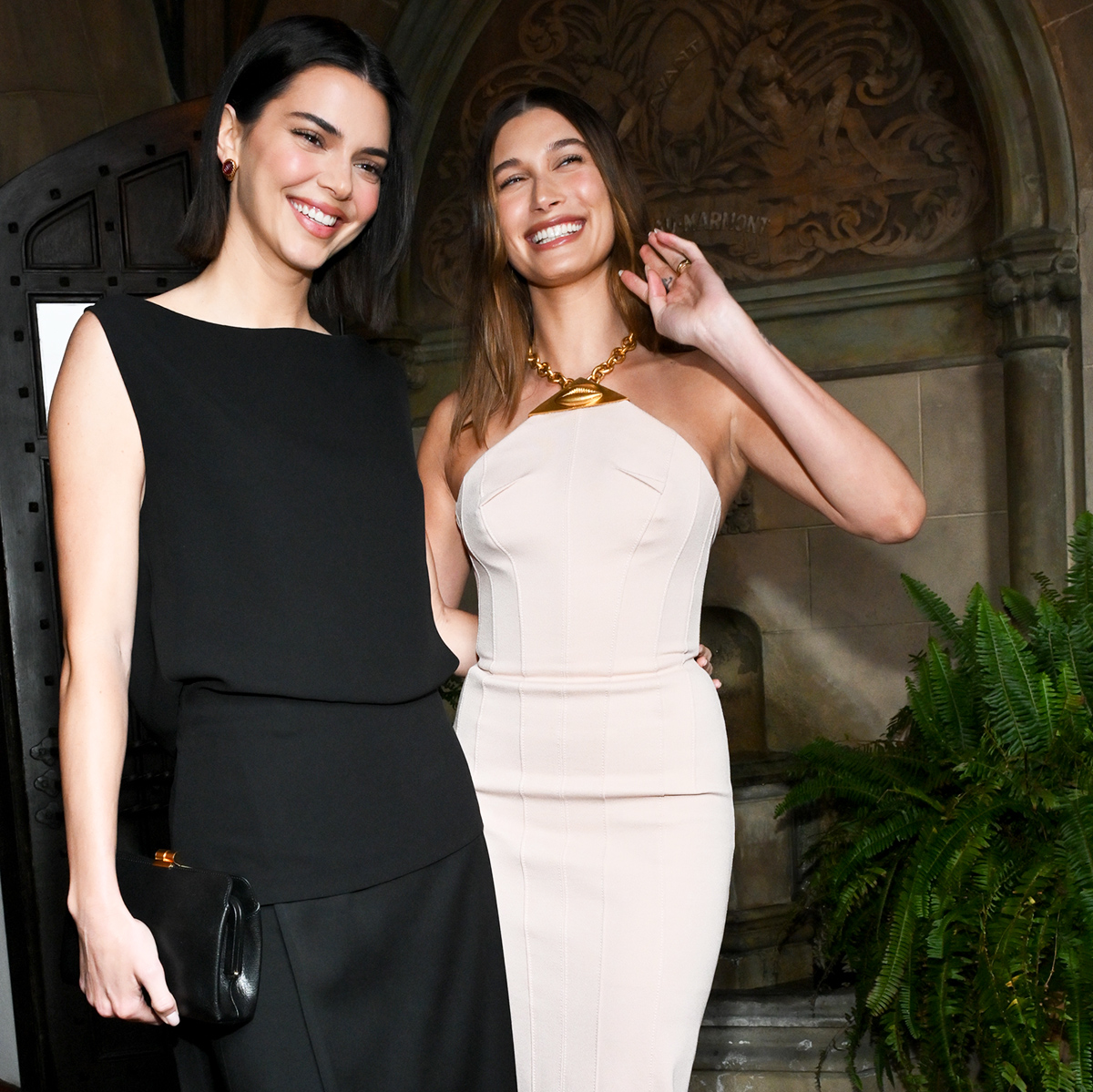 This It Girl–Approved Style Will Be *the* Summer Vacation Dress Trend of 2025
This It Girl–Approved Style Will Be *the* Summer Vacation Dress Trend of 2025Hailey Bieber is aware.
By Allyson Payer
-
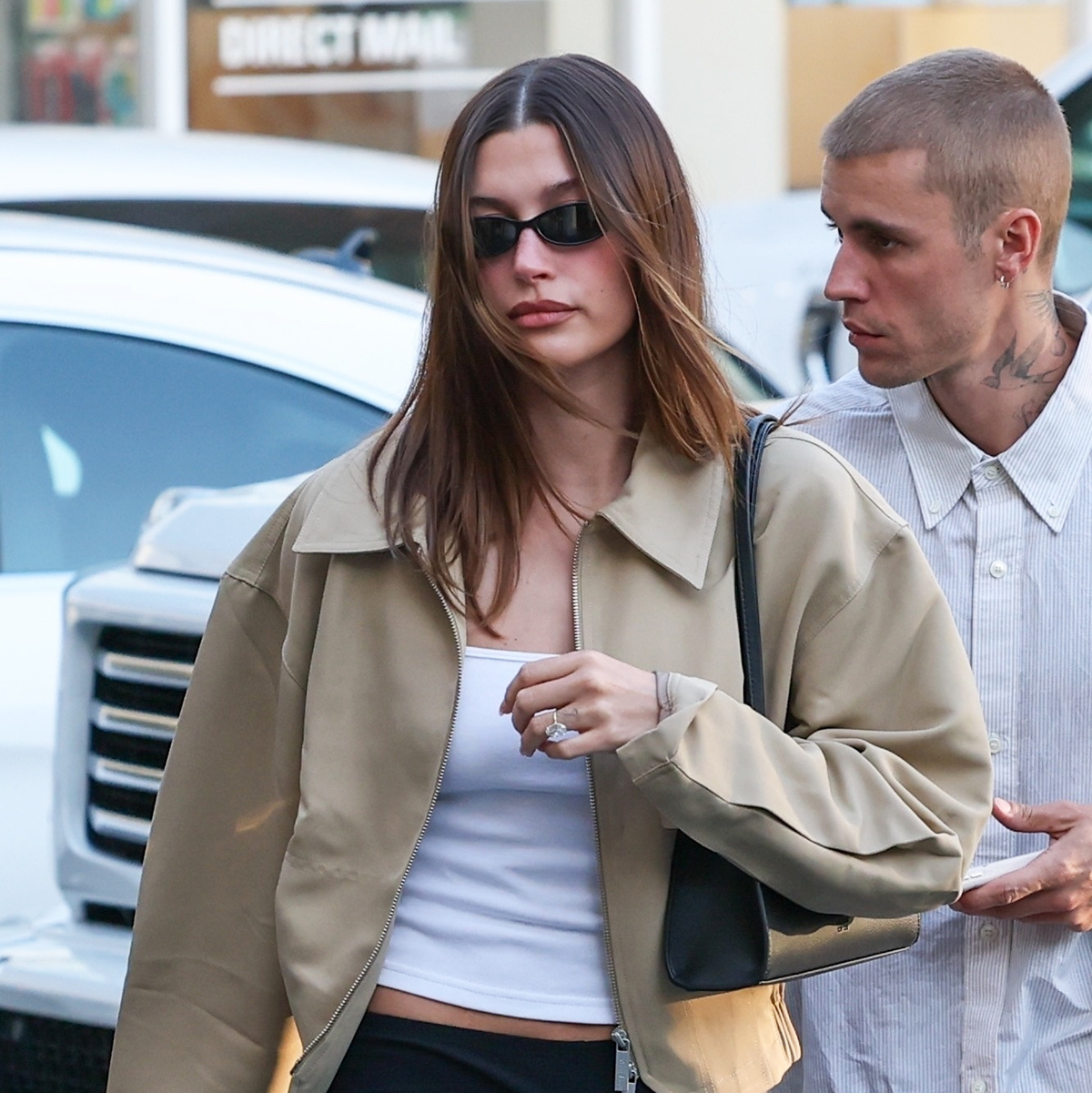 Everyone Will Run to Buy This '90s Sandal Trend After Seeing What Hailey Bieber Just Wore
Everyone Will Run to Buy This '90s Sandal Trend After Seeing What Hailey Bieber Just WoreIt's still going strong.
By Allyson Payer
-
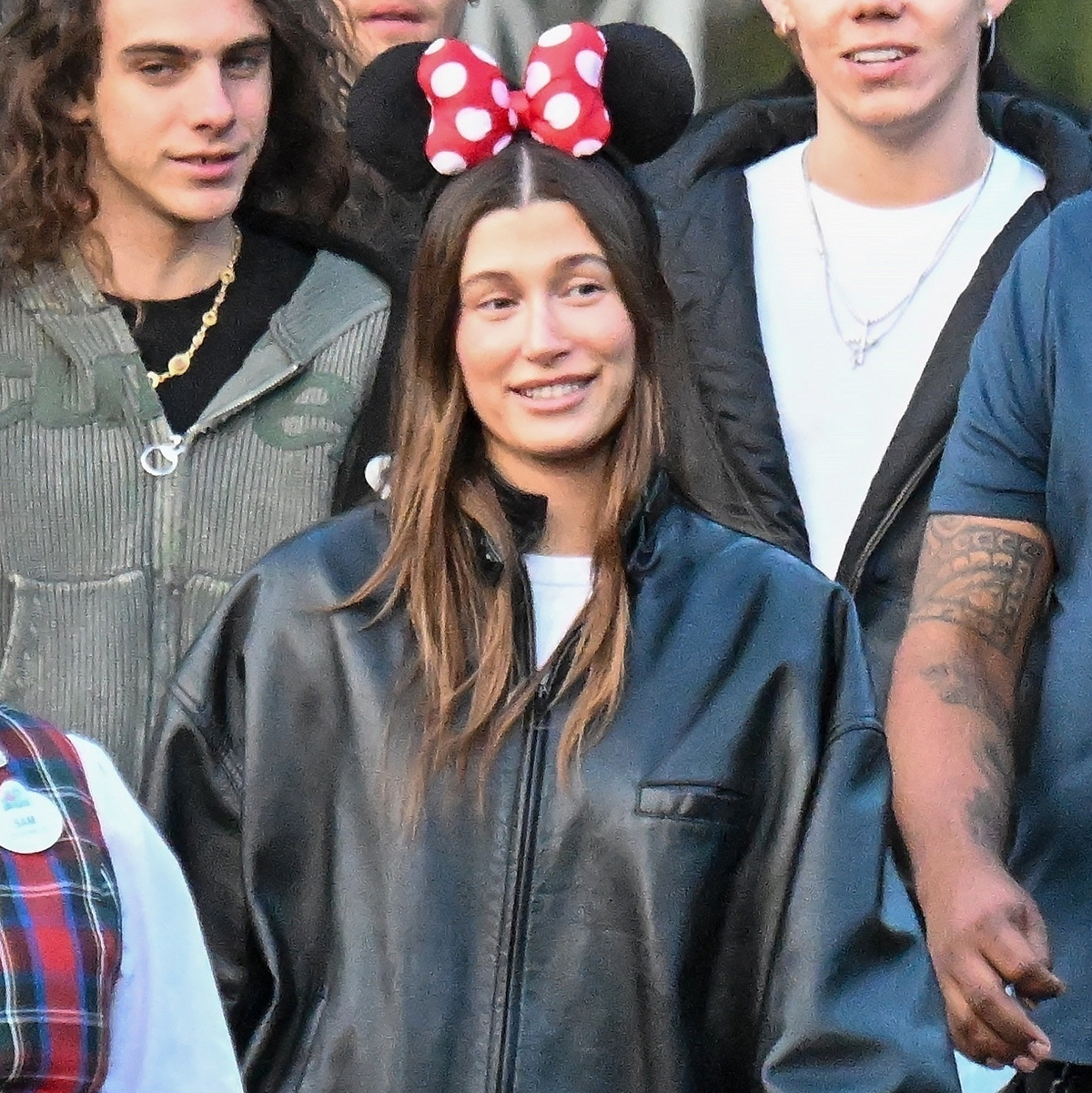 Hailey Bieber Wore the Elevated Sneaker Trend Fashion People Love the Most to Disneyland
Hailey Bieber Wore the Elevated Sneaker Trend Fashion People Love the Most to DisneylandMakes sense.
By Allyson Payer
